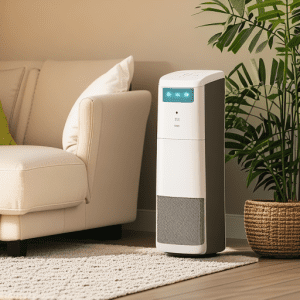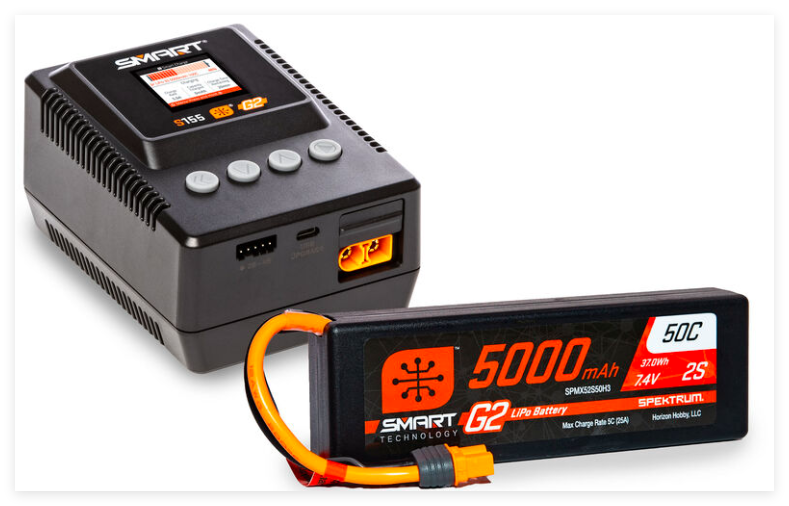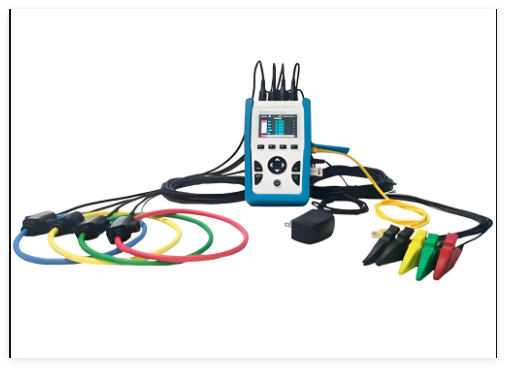How can smart home devices help improve air quality?
When we discuss how smart home devices can help improve air quality, we are actually exploring an ancient and eternal theme—the modern interpretation of harmonious coexistence between humans and nature. Just as the ancient poet Tao Yuanming said, “Picking chrysanthemums beneath the eastern fence, leisurely I see the southern mountain,” we are pursuing a lifestyle in harmony with nature. In modern society, smart home devices are a powerful tool to realize this vision.

Firstly, smart home devices can monitor indoor air quality to provide real-time data. This data includes but is not limited to temperature, humidity, carbon dioxide concentration, volatile organic compounds (VOCs), and so on. According to a report by the International Energy Agency (IEA), indoor air pollution may have a greater impact on health than outdoor air pollution. Smart home devices can promptly alert users to take measures, such as opening windows for ventilation or activating air purifiers.
Secondly, smart home devices can be linked with air purifiers, fresh air systems, and other devices to automatically regulate indoor air quality. For example, when the system detects a decline in indoor air quality, it can automatically activate the air purifier or adjust the operation mode of the fresh air system to ensure the freshness and cleanliness of the indoor air.
Furthermore, smart home devices can indirectly improve air quality by intelligently controlling home energy use. According to IEA data, about 30% of global energy consumption is related to buildings. Smart home devices can reduce energy consumption and carbon emissions by optimizing energy use, such as smart thermostats adjusting indoor temperature and smart lighting systems automatically adjusting brightness based on natural light.
Lastly, smart home devices can also educate and remind users to raise their awareness of indoor air quality. For instance, by pushing indoor air quality reports through mobile applications, they remind users to take corresponding measures when the air quality is poor.
In summary, smart home devices play an important role in improving indoor air quality. They can not only monitor and regulate the indoor air environment in real time but also indirectly promote the improvement of air quality by optimizing energy use and raising user awareness. Just as Confucius said, “To know is not as good as to love, and to love is not as good as to enjoy,” smart home devices allow us to enjoy the convenience brought by technology while also enjoying a harmonious coexistence with nature.
Thank you, everyone.



Post Comment